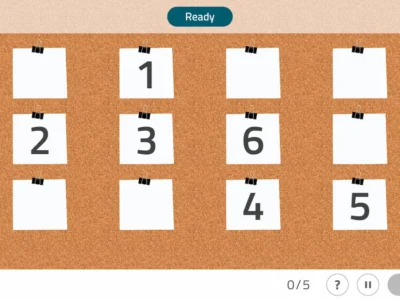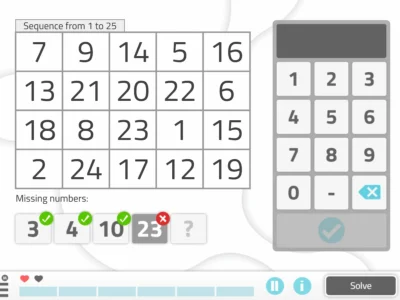Neuropsychologist Cristina Martínez de Toda explains in this article how insomnia affects our executive functions.
In the society we live in today, sleep problems are much more common than in previous decades. This is due, among other factors, to the sensory over-stimulation we are subjected to daily, and to the stress of our pace of life. Difficulties falling asleep, insomnia, sleepwalking, among other sleep disorders, affect far more people than is believed, and their repercussions on our cognitive functions are still being explored.
And between 20 and 48% of the adult population suffer difficulty initiating or maintaining sleep. Through this article we will delve into how insomnia negatively affects our executive functions especially attention, working memory and decision-making.
What is insomnia?
Insomnia is the most common sleep disorder in the Spanish population, and we can define it as the difficulty or inability both to fall asleep and to stay asleep for the necessary hours.
Our body, to perform adequately, needs about 8 hours of restorative sleep daily, although there are people who need fewer hours, around 6, or more hours, around 10.
These parameters would fall within normality. The problem arises when less than those 6 hours are slept, over a reasonable period of time, or sleep is not continuous.
What are executive functions?
Executive functions are the abilities and skills that allow us to adapt and survive in the environment effectively. Among them we can highlight planning, working memory, reasoning, inhibition, cognitive flexibility and decision-making.
We could understand these executive functions as a constellation of abilities that help us achieve our goals and objectives.
How does insomnia affect our executive functions?
How does insomnia affect our executive functions? Sleep deprivation or insomnia affects our executive functions in a very negative way.
Lack of sleep interferes with neuronal connections, causing them to slow down or not function properly, directly affecting cognition or executive functions, causing deficits in their functionality.
We can observe this when we have to perform complex tasks or tasks that require sustained attention, such as driving.
According to sleep disorders specialist Dr. Wei- Shin Lai, “Being awake for 24 continuous hours is equivalent to being legally drunk“
Insomnia and attention
Studies carried out in research on insomnia and attention have highlighted that although there are no significant differences in processing speed between non-insomniacs and insomniacs during the execution of simple tasks, the latter do seem to suffer deficits in processing speed when they have to perform complex tasks.
Difficulties have also been observed in shifting the focus of attention, noticeable especially in people who sleep less than 6 hours a day.

Subscribe
to our
Newsletter
Insomnia and working memory
Working memory is one of the executive functions most affected by sleep deprivation. Working memory is located in the prefrontal cortex of the brain, with the frontal area showing the most dysfunction associated with lack of sleep.
Functional magnetic resonance imaging has shown evidence that insomniac people need to recruit more of their cognitive abilities to retain the same information as a non-insomniac person.
The capacity to retain information can decrease by up to 40% in people with insomnia.
In short, although there is still much research ahead to obtain conclusive data, the most recent studies have highlighted the importance of sleep and its quality in the performance of our executive functions.
These data indicate a reduction of cognitive resources, problems maintaining and shifting the focus of attention, and deficits in working memory. Taken together, they suggest prefrontal dysfunction.
How to improve your sleep quality?
In view of what has been observed throughout this article, it becomes evident and essential to attend to the quality and duration of our sleep. These small tips, if you follow them regularly, will help improve your sleep quality.
- Establish routines and a consistent bedtime.
- Avoid caffeine and alcohol.
- Exercise at least 30 minutes a day.
- Keep your bedroom tidy, clean and ventilated.
- Practice breathing exercises 10 minutes before going to bed.
- Avoid the over-stimulation produced by mobile phones or tablets, at least 30 minutes before going to bed.
- A hot bath or an infusion are alternatives for nights when you are especially wide awake.
How to improve your executive functions?
If you are a psychologist or occupational therapist and you want to work on executive functions with your patients you can also do so. With NeuronUP you can choose which function you want to work on with each of your patients. If you want to learn about some exercises to improve executive functions, don’t miss this article: “Executive functions in children and adolescents”
TAKE CARE OF YOUR BRAIN, AND GIVE IT A GOOD REST!
If you liked this post about how insomnia affects, you may be interested in these NeuronUP articles:
“This article has been translated. Link to the original article in Spanish:”
¿Cómo afecta el insomnio a nuestras funciones ejecutivas?







 Discover the 10 NeuronUP activities most used to work with children
Discover the 10 NeuronUP activities most used to work with children
Leave a Reply